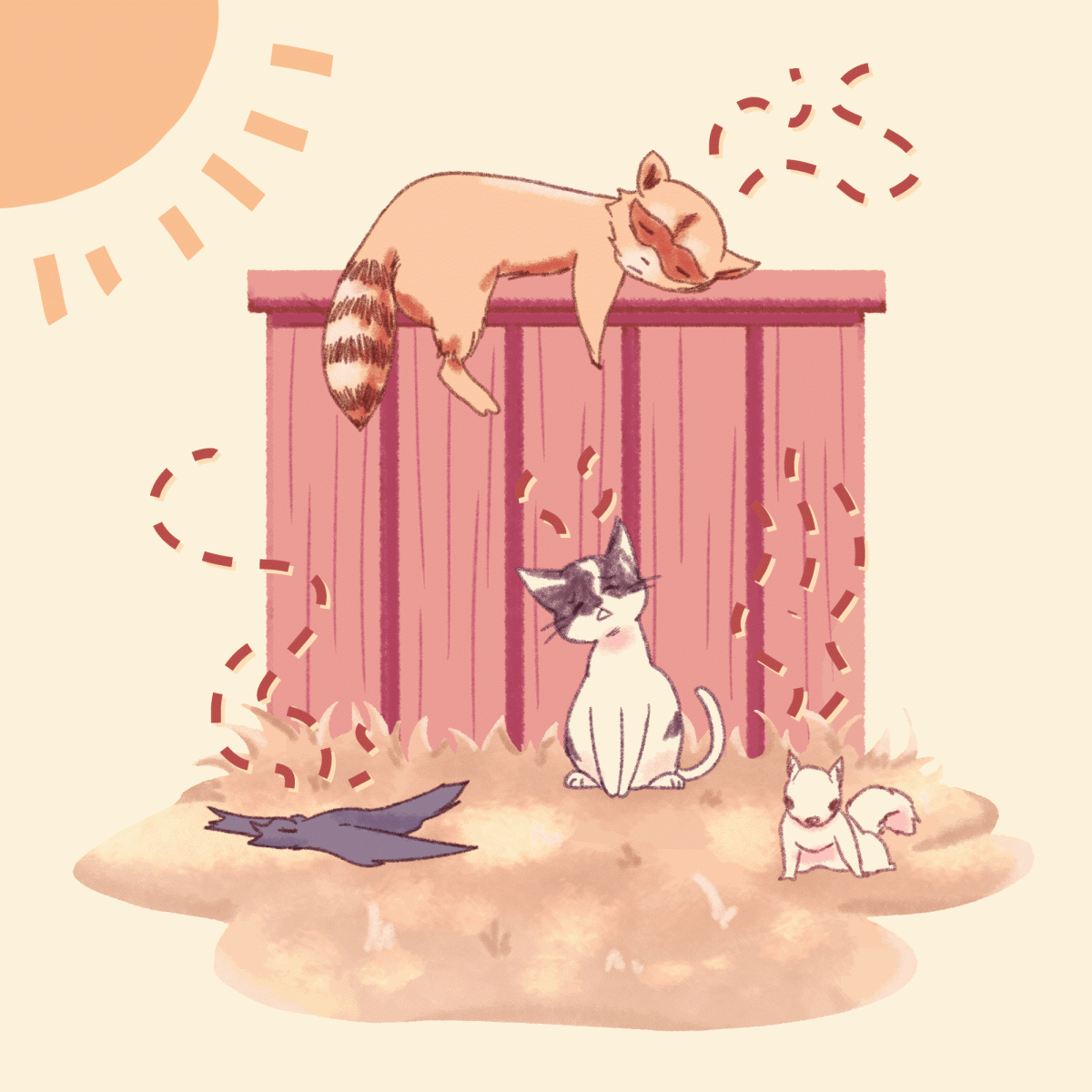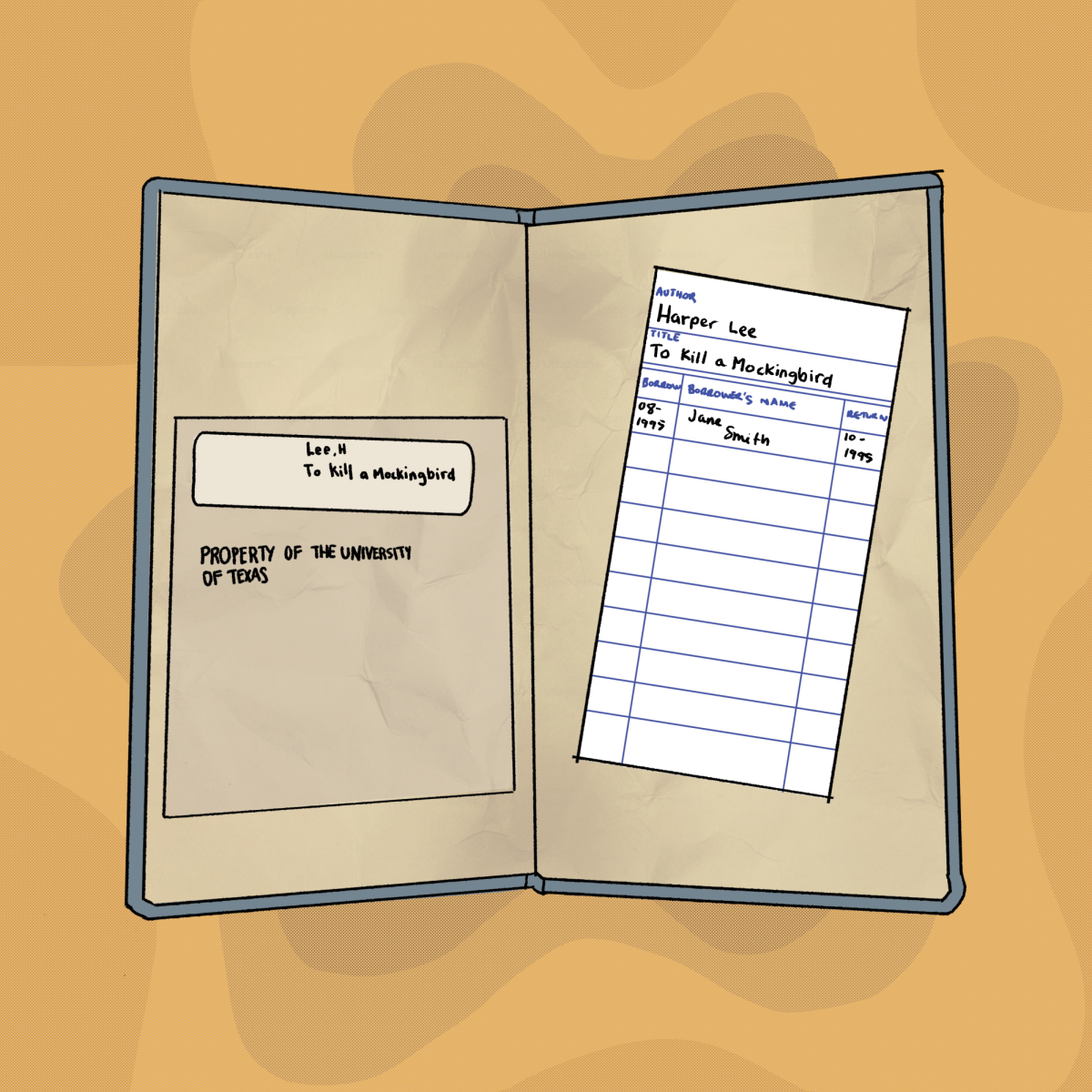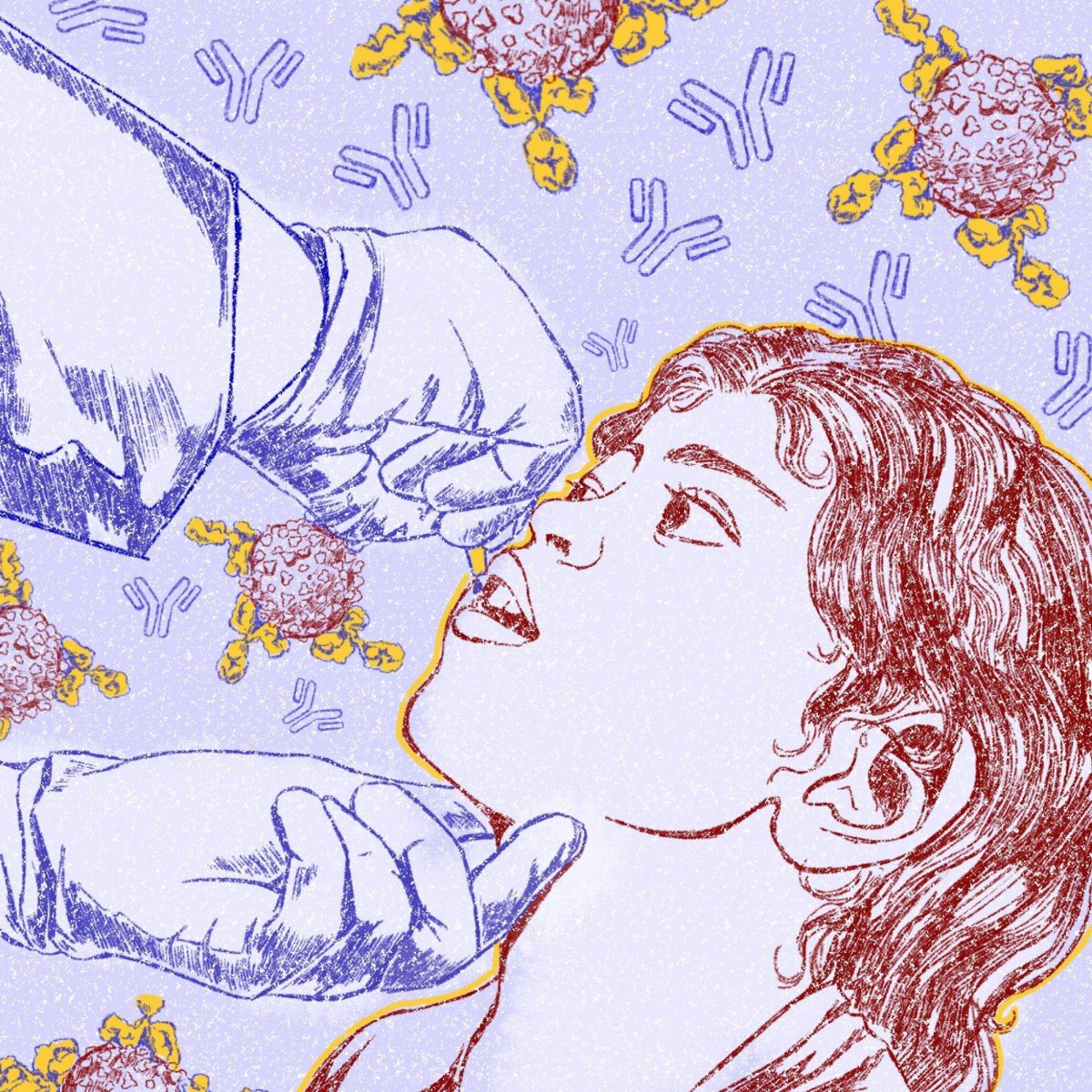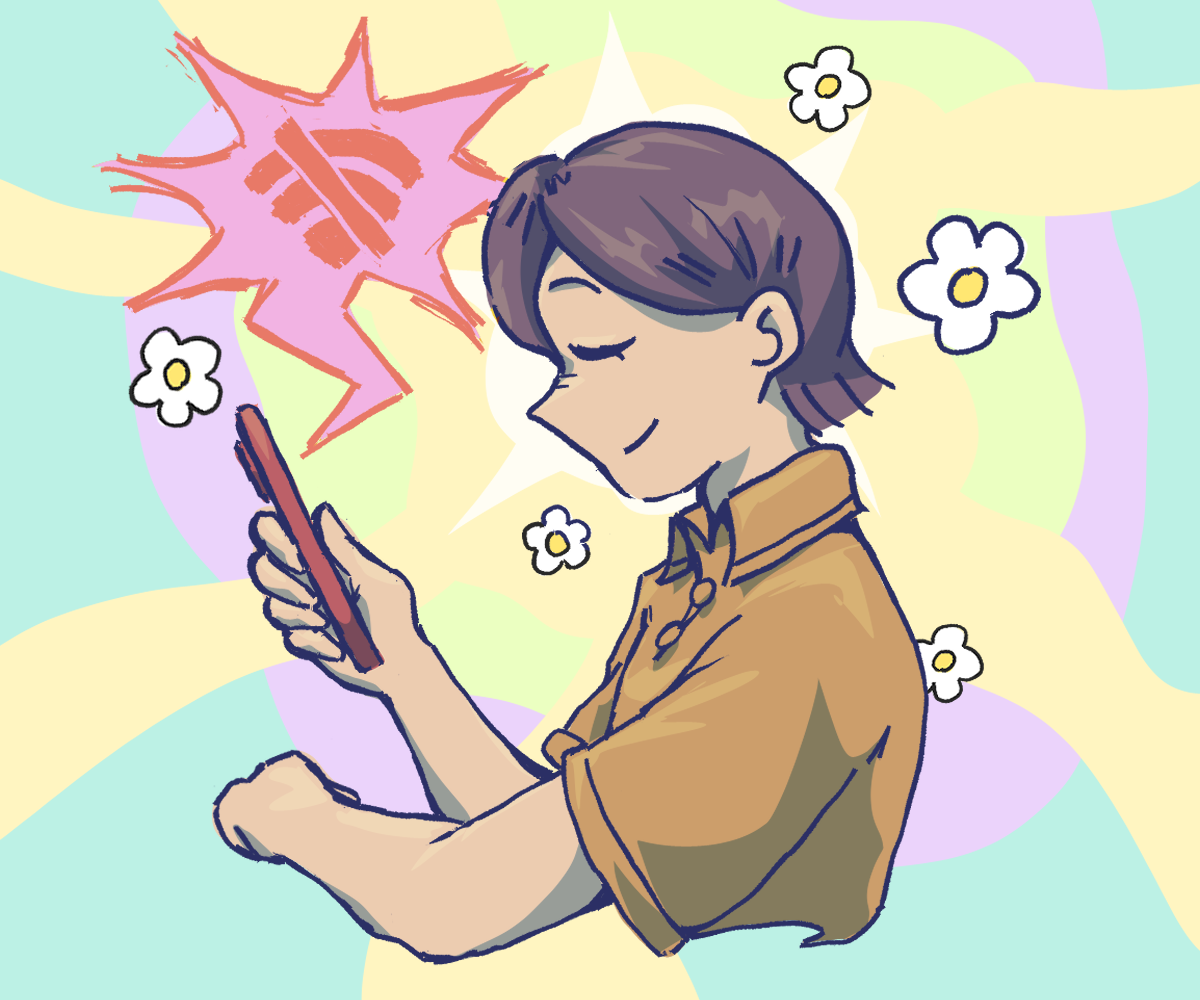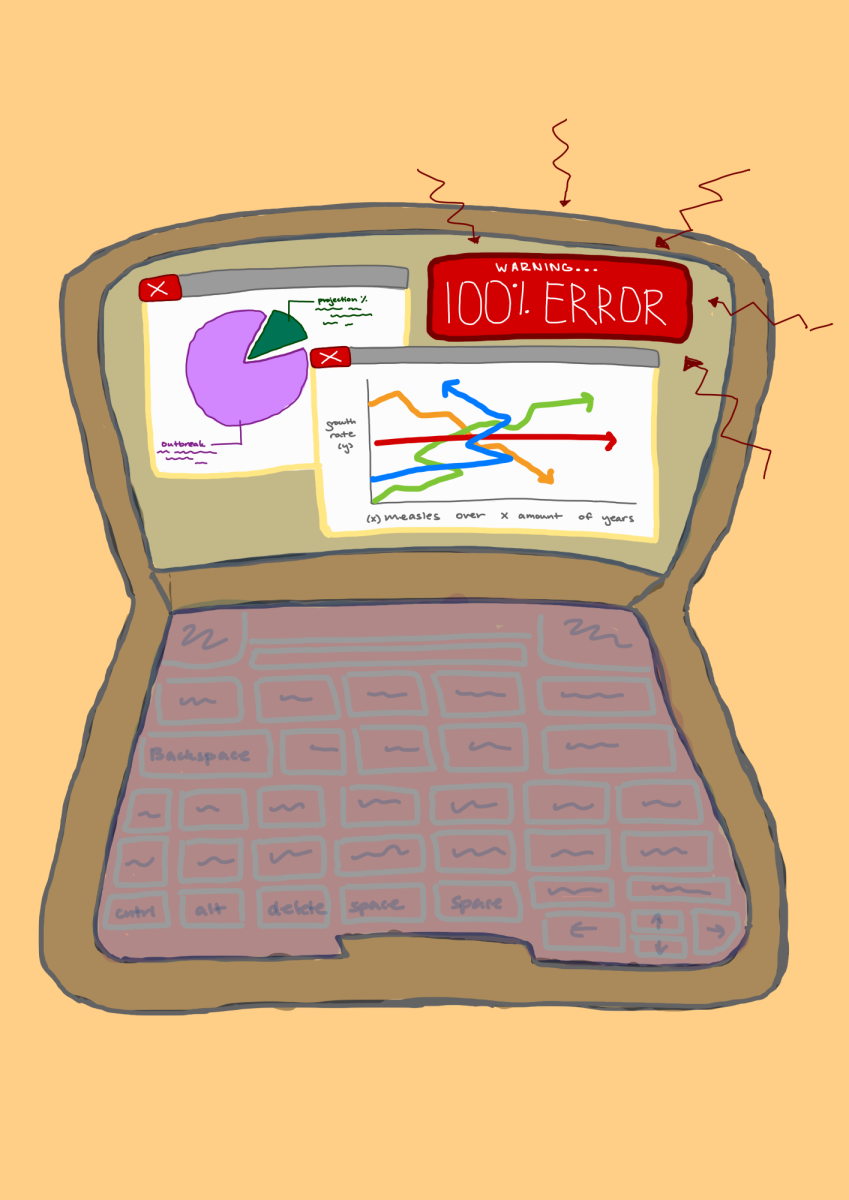Austin’s record 31-day streak of consecutive 100-degree days has not only affected its human residents but its animal residents, too.
“(Heat) is dehydrating animals a lot quicker,” Hayley Hudnall, the Executive Director of Austin Wildlife Rescue said. “There’s just less places for them to go where it’s cool … They’re just overheating. They’re suffering.”
At Austin Wildlife Rescue, Hudnall said they have rehabilitated 600 more animals this year than last year — an increase partly attributed to heat.
“We’re doing a lot more animals that are dehydrated, that are just really suffering from heat exhaustion or dehydration,” Hudnall said. “They need fluids, they need rest, and they need to be cooled down so that they can bounce back.”
Animals, like humans, have adaptations to cope with heat. But also like humans, they rely on other things like staying hydrated, to be healthy.
“If there’s not enough water for certain animals, fewer animals are going to have the opportunity to have access to that water, which means they’re not going to be as healthy,” Christina Burkovich, exhibit coordinator at the Austin Nature and Science Center said. “If there’s less water, chances are there’s less plant life. Lack of plant life affects how many prey species there are, and it just kind of goes up the chain, unfortunately.”
Luckily for animals at the University, Carin Peterson, senior training and outreach coordinator at Environmental Health and Safety, said that Waller Creek provides a natural source of water. Those without such convenient access may not fare as well, especially with the urban heat island effect in Austin — where cities experience higher air temperatures than their surrounding countryside, according to MIT.
“The urban heat island effect definitely plays a part,” Burkovich said. “If we had a lot more green spaces, I think certain areas would be a lot cooler versus having all of our paved roads and concrete and buildings that just generate and absorb all of that heat and then reflect it back out.”
To help these animals, Hudnall recommends putting out water in a small bowl a good distance from human interaction, like in a wooded area or under a tree. Additionally, she said to give animals space as some nocturnal animals may be out in the day more if they are unable to find enough food at night.
Any concerns about wild animals can be referred to Austin Wildlife Rescue at 512-472-9453 and Environmental Health and Safety at 512-471-2671.

